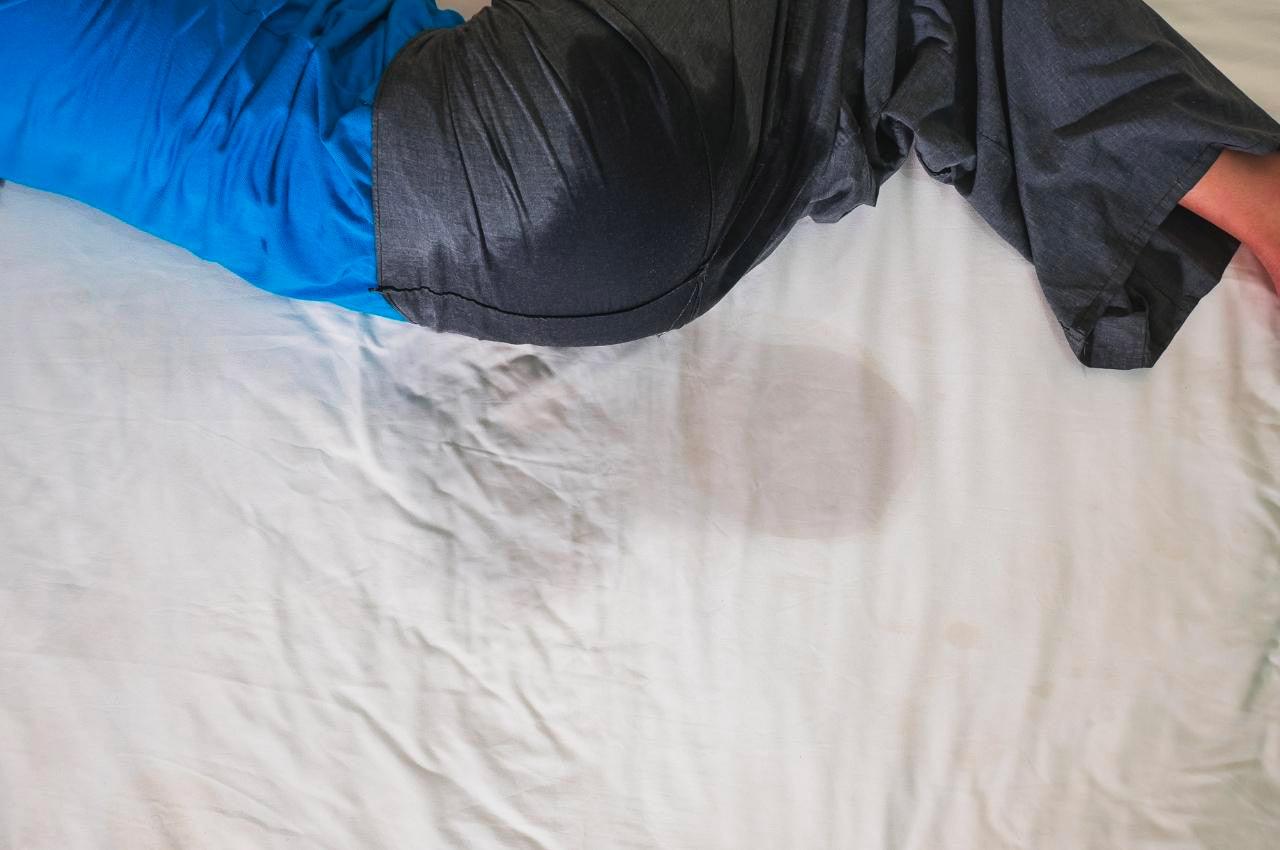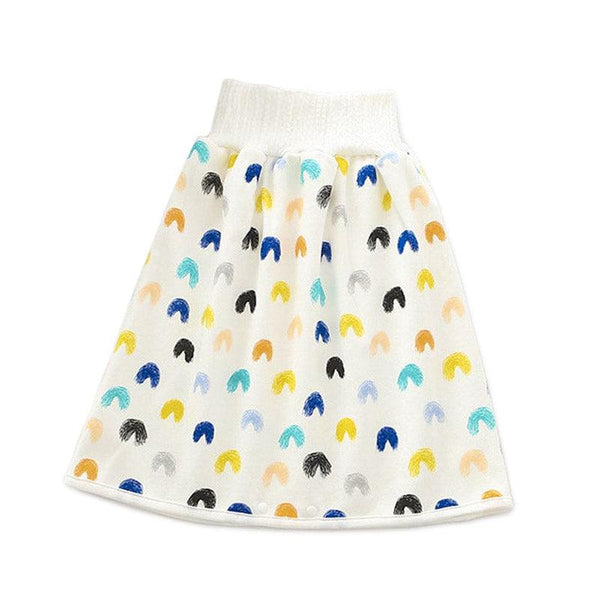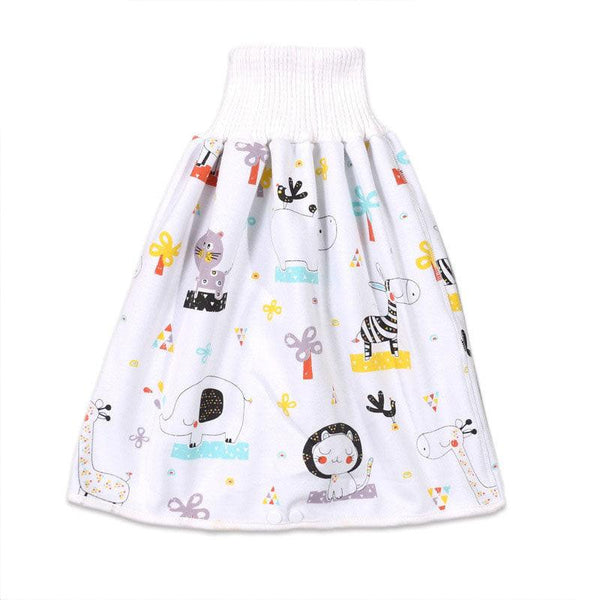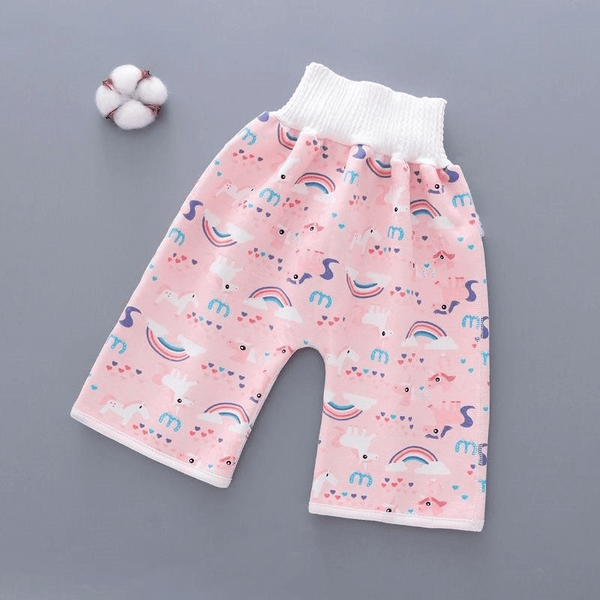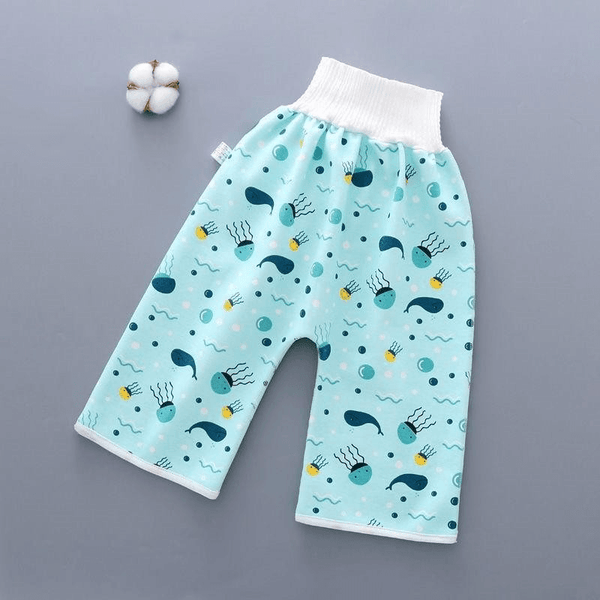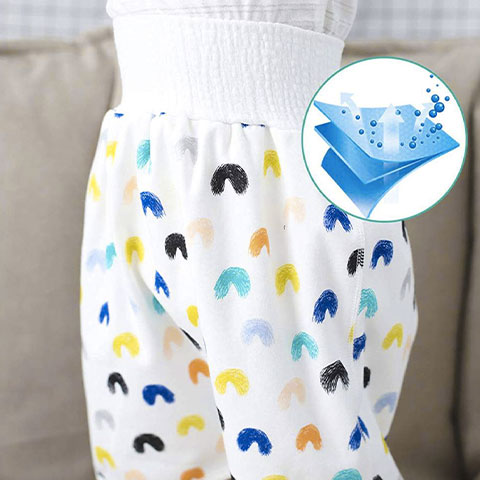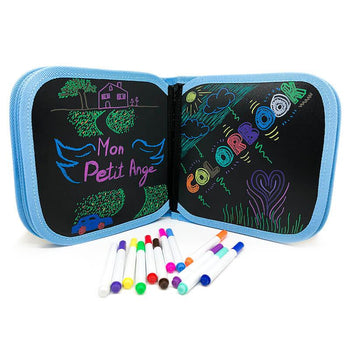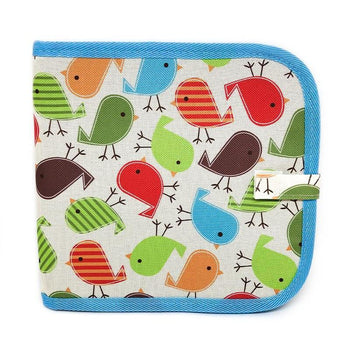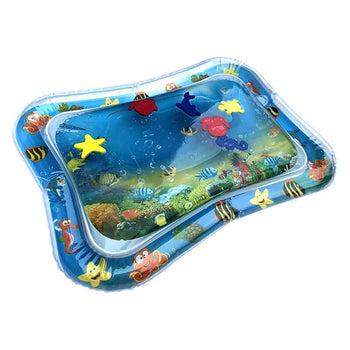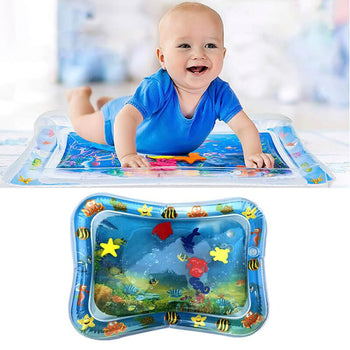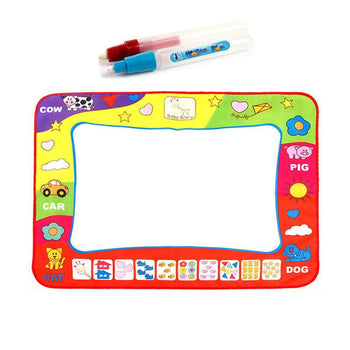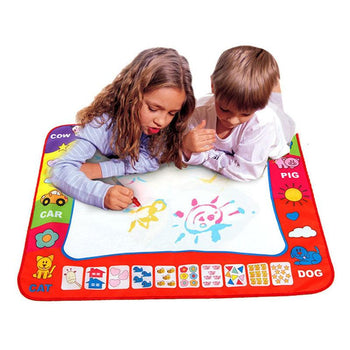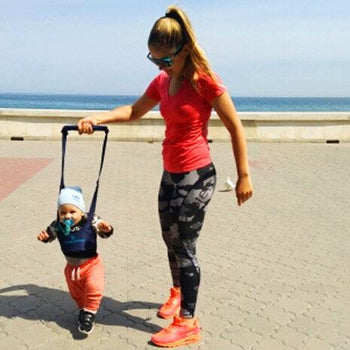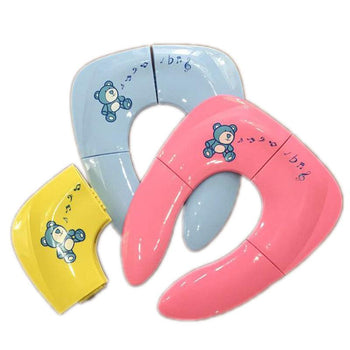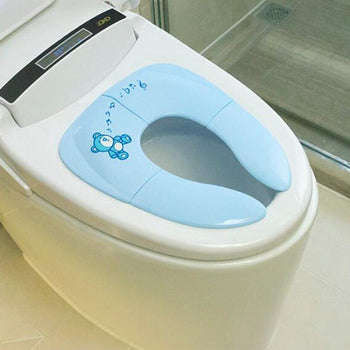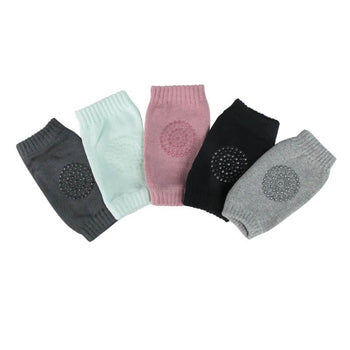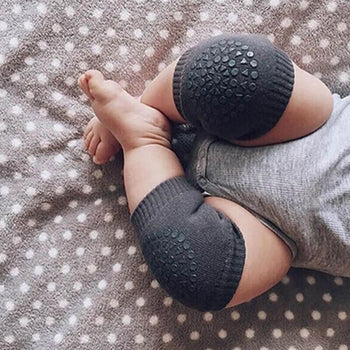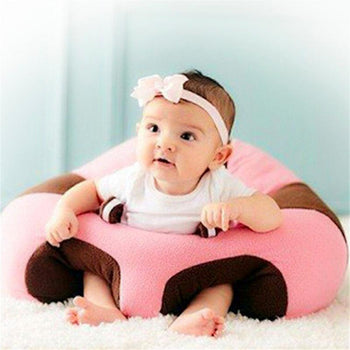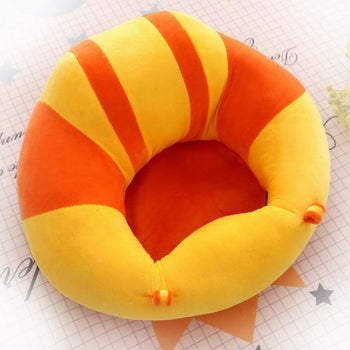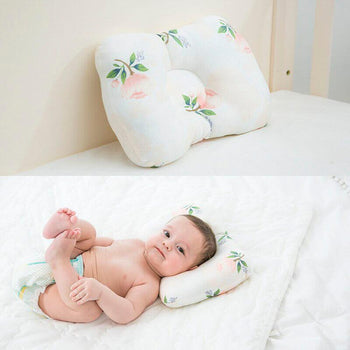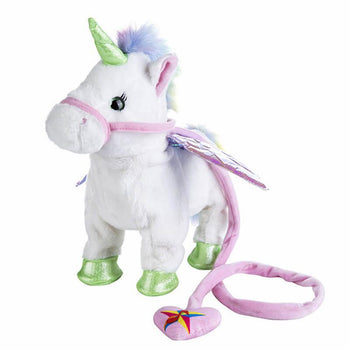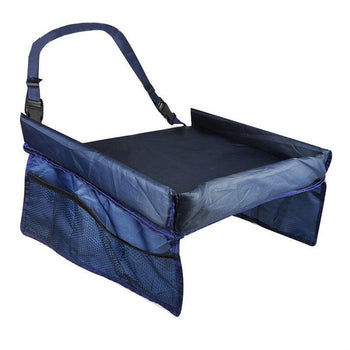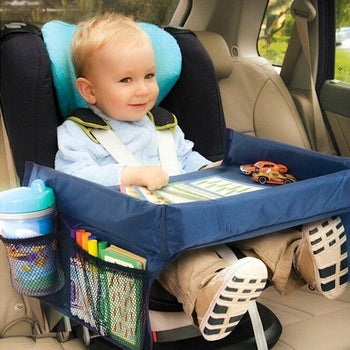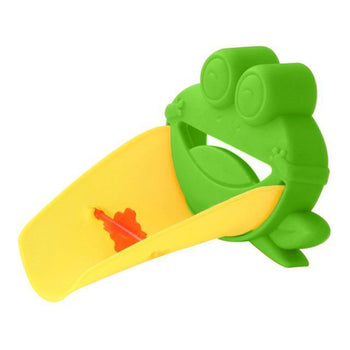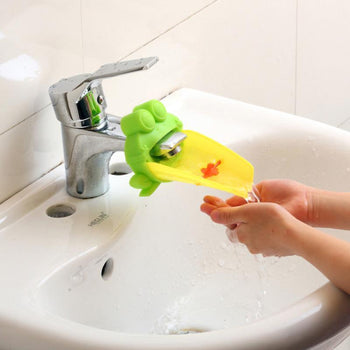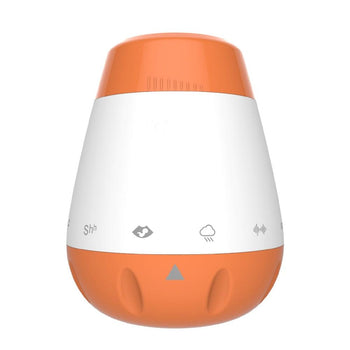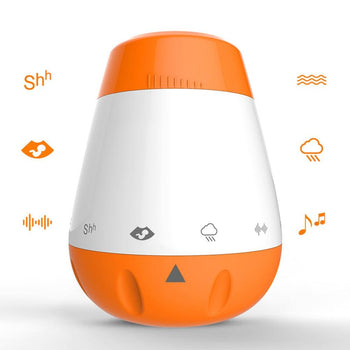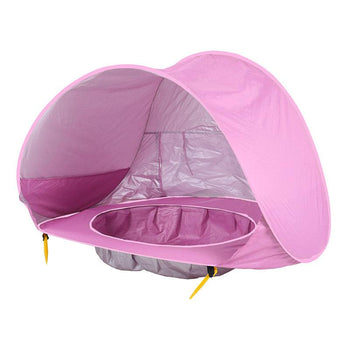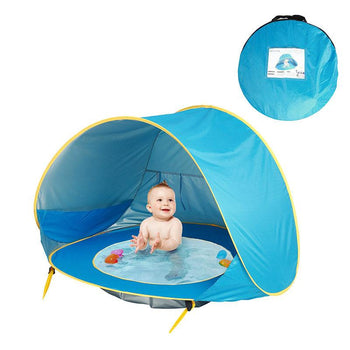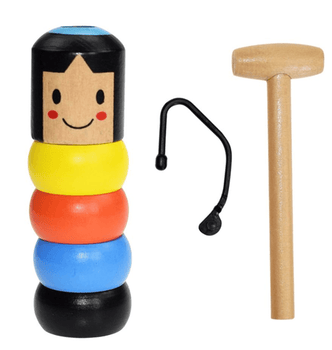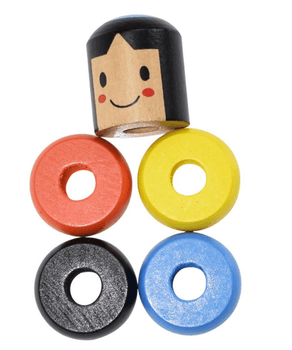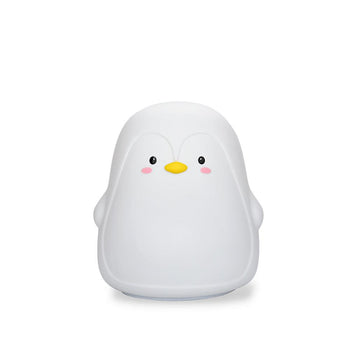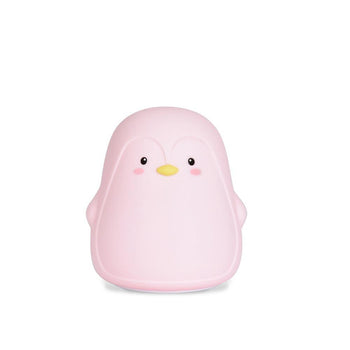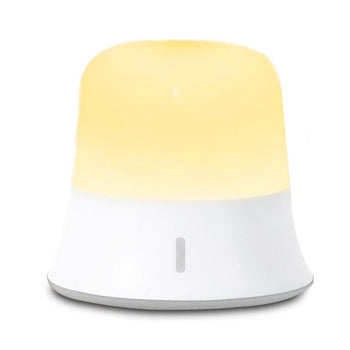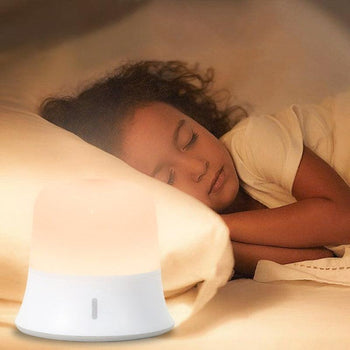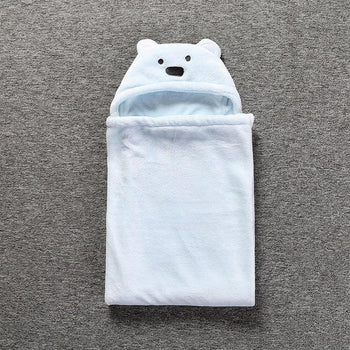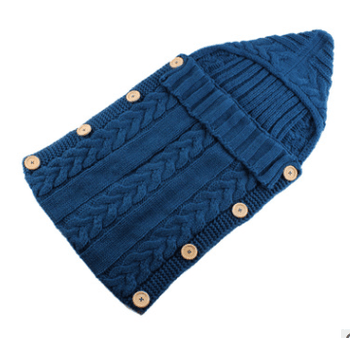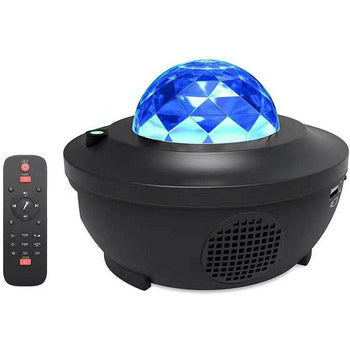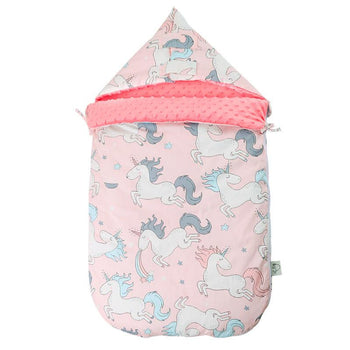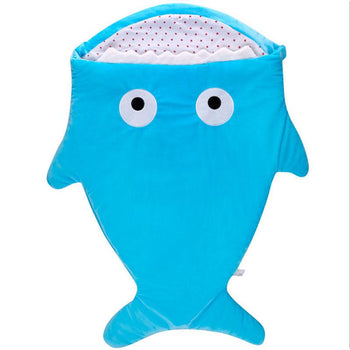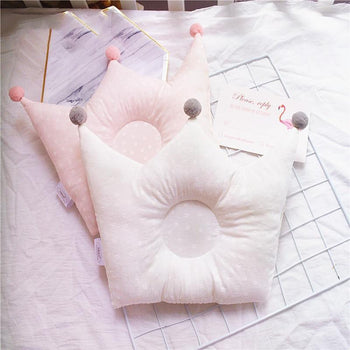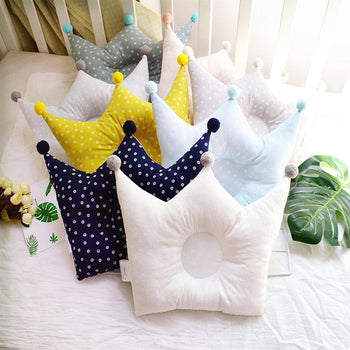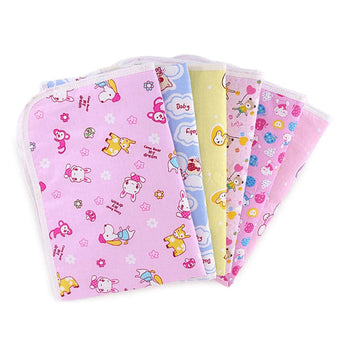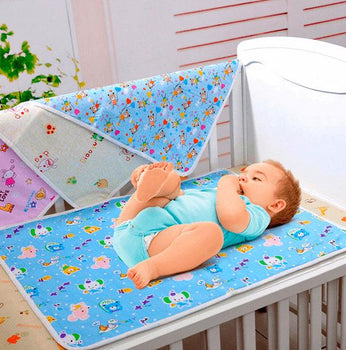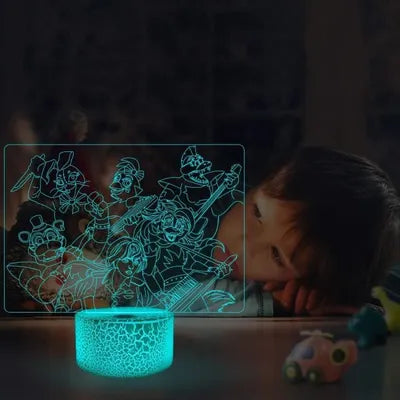Bedwetting in children is a common problem that affects about one in five children. There are many causes of bedwetting and available treatments can be effective in relieving symptoms.
This article will review the causes of bedwetting, how to diagnose it, how to respond as parents, and offer some tips to help your child get rid of this disorder.
What is nocturnal enuresis?
Enuresis is a sleep disorder characterized by the inability to hold the bladder in place at night. It affects about 5-7% of children 4 years and older and is much more common in boys than girls.
It can be very embarrassing and stressful for children as well as parents, when children wet the bed. But there are solutions to help solve this problem.
The causes of bedwetting in children
The causes of bedwetting in children are diverse and can be of neurological, psychological or physical origin.
Neurological disorders
These neurological disorders that can lead to bedwetting include cerebral asymmetry, brain damage, and birth defects of the nervous system.
Psychological disorders
Certain psychological factors can cause bedwetting, including feelings of anxiety or stress in the child. This happens when the child is worried about doing wrong or being punished for wetting the bed.
Physical factors
Certain physical factors can also cause bedwetting, including urinary tract infections, bladder or elimination reflex disorders, and bladder disorders.
Despite the fact that bedwetting can be a source of stress for children as well as for parents, there are effective solutions to remedy it . The use of protections and the realization of specific exercises that we will see in this article can help cure this problem.
How to diagnose? symptoms of bedwetting

Symptoms of bedwetting usually include frequent crashes during the night, accompanied by feelings of embarrassment and frustration on the part of the child.
Other common symptoms are involuntary loss of bladder control and involuntary urine flow. Additionally, some children may experience feelings of anxiety or isolation due to their condition, which can lead to increased levels of stress and discomfort.
If your child has these symptoms or is having trouble managing their bedwetting , it's important to seek help from a healthcare professional who can offer strategies for managing and overcoming the condition. With proper care and support, your child can learn to overcome bedwetting and lead a healthy, happy life.
From what age should you worry?
If your child is over 4 years old and suffers from bedwetting, it is important to consult a medical professional to find a solution to this problem. Because the causes of bedwetting are diverse, it is important to correctly diagnose the problem in order to implement effective treatment.
In younger children, bedwetting is often due to normal development of the nervous system and usually does not require treatment.
Until what age can this last?
Bedwetting is usually a temporary problem and most children eventually resolve it on their own. However, some children may suffer from bedwetting throughout their lives, and it is important to consult a doctor or healthcare professional to determine the best treatment for your child.
What to do when your child wets the bed? Nocturnal accidents

There's nothing more frustrating than waking up in the middle of the night to find that your child has wet the bed. Although this is a difficult problem to solve, there are several things you can do to help your child overcome this problem.
First, it's important to stay calm and avoid punishing your child for wetting the bed. This would only serve to make your child feel ashamed and embarrassed, which would only make the problem worse. Instead, try to have a positive and supportive attitude towards your child.
Next, you will need to work with your child and establish clear rules about bedtime and nighttime toilet use to resolve the issue.
An important step is to take children to the bathroom just before going to bed. So be sure to be consistent with this practice and follow the routines you have established for your child.
It can also mean setting an alarm clock for your child to wake up at night to go to the bathroom , or simply encouraging them to go to the bathroom before going to bed.
Whatever your plan, be sure to stick to it and provide plenty of encouragement along the way. With a little time and effort, you can help your child overcome this problem once and for all.
How to stop wetting the bed? Treatment and prevention of enuresis
When it comes to treating and preventing bedwetting in children, several different approaches can be taken.
One of them is to use natural treatments such as changes in diet, sleep schedules, exercises or relaxation techniques.
These methods may include changing your child's diet to reduce fluid intake at night, encouraging him to drink more during the day, or practicing relaxation exercises that will help him feel more relaxed and fall asleep more easily.
Alternatively, some people choose to use more traditional medical interventions, such as medications or behavior modification therapies.
While these approaches can be very effective in many cases, they come with some risks and side effects that need to be considered.
Exercises to prevent bedwetting
Kegel exercises are a great way to treat and prevent bedwetting in children. These exercises involve contracting and relaxing the muscles of the pelvis, which can help improve bladder control .
They are especially effective for older children because they help them better understand how to control their urinary muscles .
If you want to teach your child to practice Kegel exercises or you want to practice them yourself, it's never too late! Start today and see results over time.
An effective and inexpensive solution against bedwetting - Absorbent and washable anti-wetting pajamas
There is no doubt that bedwetting is a frustrating and embarrassing problem for children and parents alike. Not only does it leave clothes and linens wet and smelly, but it can also be difficult to manage throughout the day.
Fortunately, there is a simple and affordable solution to this problem: absorbent and washable pajamas . This type of pajamas is designed to absorb urine and help treat the problem in its entirety. As a bonus, these pajamas can simply be machine washed to eliminate odors and accumulated dirt.
Using a natural treatment like this is not only effective but also much more cost effective in the long run than using expensive creams or clinical treatments.
Whether your child suffers from occasional incontinence or frequent nighttime accidents, absorbent, washable pajamas may be the solution you've been looking for. It is a simple, inexpensive method with no risks or side effects.
Click here to learn more about our absorbent bedwetting pyjamas .


Conclusion
Ultimately, the best approach will depend on the situation and preferences of each child and family.
However, whichever option you choose, it's important to be patient and consistent in your efforts to ensure your child can get the help they need.
If you have any questions or concerns regarding the problem of bedwetting, do not hesitate to contact your doctor .
They can provide you with the advice and help you need to help your child overcome this problem and live a bedwetting-free life.

